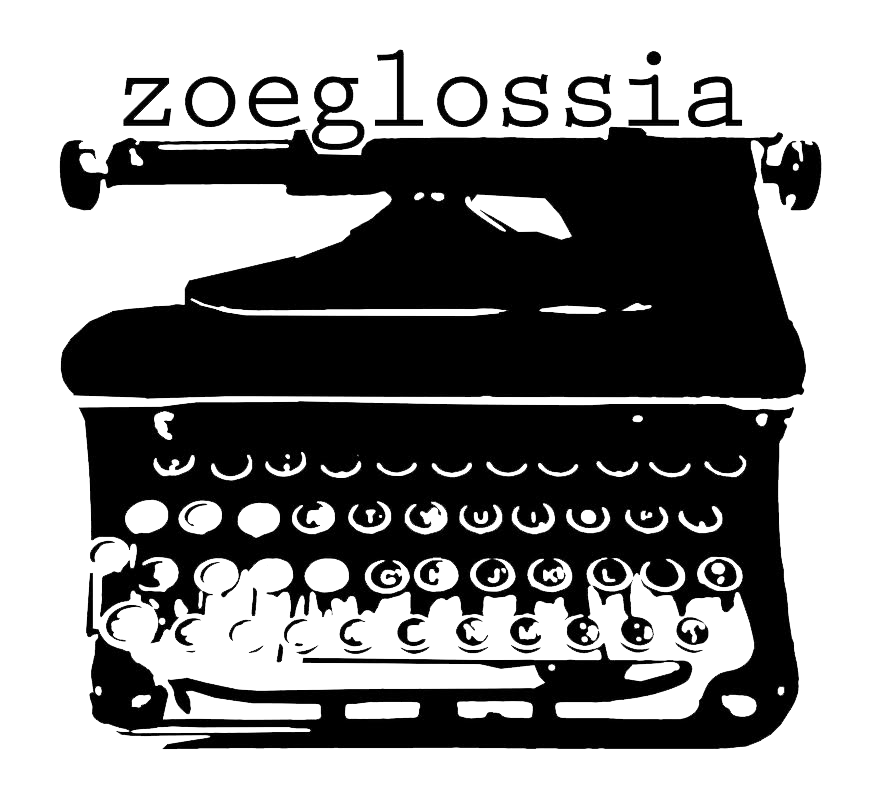October 2022
Zoeglossia Poem of the Week Series: Giving Ourselves Room to Honor Our Individual, Private Selves
Curated by Nathan Spoon
In recent years, I have a growing interest in personal, intimate expressions by disabled people in poetry. So often being disabled means living in ways that involve facing one challenge after another. It is easy to feel that we are somehow shirking responsibility to our larger community by taking a step back and by giving ourselves room to honor our individual, private selves. This selection brings together a poem that ponders connections between the large and small and the self and a beloved other; a poem in the voice of an indigenous woman reflecting on her, and her mother’s, relationship to her father while dyeing her hair; a poem about the loss of a poet-friend; and a poem in the voice of someone probably desiring to take up more space by becoming more assertive. These poems offer deaf, neurodivergent, and queer disabled perspectives that open windows to things easily overlooked.
“Ask Me Later” begins with a baffling question, punctuated by a period, connecting trees with clouds as well as past and future with the present. The poem then proceeds by connecting the roundness of the world (earth) with that of stars and of ‘the space stars hang in.’ From there the narrator begins addressing another in a love-struck way, mentioning the powerful effect the other has on them, before connecting back to vastness and comparing the actions of the other to that of stars.
As Sage Ravenwood (she/her) writes near the end of this poem, ‘Schwarzkopf is a German nickname / for a person with black hair.’ The poem’s narrating voice describes the ins and outs of dyeing hair to keep it black. This dyed hair will help the speaker sustain her ‘indigenous/ity.’ At its center, “Schwarzkopf Reality” offers the voice of a daughter reflecting on her father, who is himself unable to say ‘agisti,’ the Tsalagi (Cherokee language) word for ‘mother,’ while speaking to the many complicated meanings of family, lineage, and legacy.
The title of the poem “Avez vous déjà vu un rossignol chanter ?” translates as ‘Have you ever seen the nightingale sing?’ The poem is dedicated to the late Susan Noel, author of Autobiography in Words. In a note for Concision Poetry Journal, Gaia Thomas (she/her) writes, “I met the poet Susan Noel in the last year of her life. During that brief time, she lightened the sense of aloneness I have felt for all of mine. She loved “Ode to a Nightingale” by Keats…” I love how the language of this brief poem moves in intensely imaginative ways, using short sentences.
In “Little Earth” Christopher Phelps (he/him) presents a narrator who is touching a geode while pondering the possibility and importance of taking up more space and being more assertive, even as the poem’s most telling lines are themselves set in parentheses:
(I’m trying to not say
We for me, or you for I)—
In the poem’s second half, the narrator moves by way of memory into reflecting on larger, perhaps more fundamental connections between word and world. I love the careful and gentle word world of this poem.
